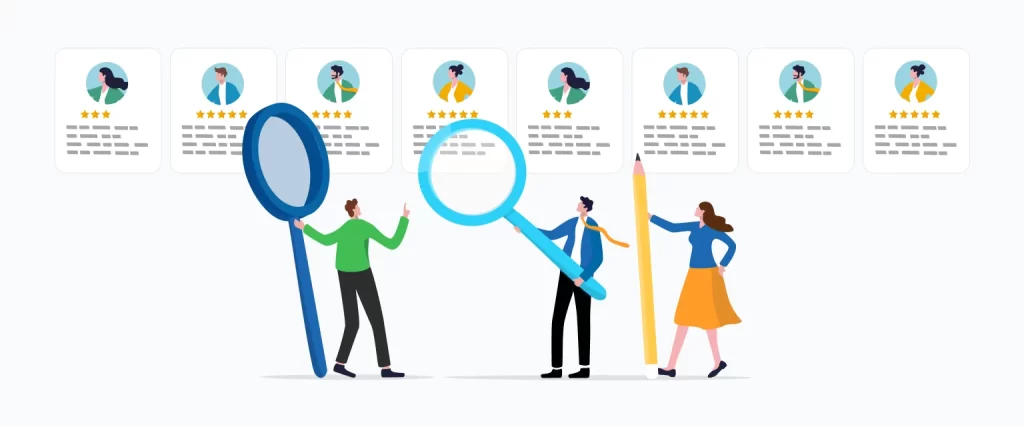- eBooks
- Employee onboarding: Setting your teams up for success
- Who is Responsible for Onboarding?
Who is Responsible for Onboarding?

Great onboarding’s a team effort. Yes, your HR experts will have played a major role in designing the experience, planning the delivery, creating the content, and scheduling all of the various components. But there are several different individuals who’ll contribute to different phases along the way. Let’s look at your star cast.
Who is involved in the makings of the onboarding process?
The recruiter
Hands-on throughout the hiring process, your recruiter will already have had a lot of contact with your new hire by the time their onboarding begins. Having formed a connection, they’re in a good position to introduce other key people to your new hire.
They could, for example, send the initial email with the contact details of the HR person handling all of the onboarding admin. And also explain informally a little about the process and what’s involved, making themselves available during the pre-boarding stage for any questions your new hire may have. A great way of keeping the connection going and the tone light is by being friendly and approachable during those fragile weeks that lead up to your new hire’s first day.
The HR team
The backbone of your whole onboarding operation, your HR team, keeps everything on track. Scheduling sessions, sending emails and invitations, coordinating paperwork, collating training content, organizing courses, not to mention answering all of the HR-related queries your new hire will have, they’re fully involved from day one.
And their input doesn’t stop there. As your new hire moves through the different onboarding stages, they’ll be required to arrange performance reviews, organize additional training, and keep employees engaged throughout the first year, and beyond.

The line manager
We’ve already touched a little on the important role played by your new hire’s supervisor or manager, particularly in the early days of onboarding. Meeting them on the first day makes a real difference in how welcome and connected new hires feel. In fact, it raises satisfaction rates across the board, from delivery, format, and content of the onboarding program to the overall experience.
But they also make a real difference beyond this. Providing ongoing feedback, organizing targeted and timely training, and connecting new hires with people in other departments and teams, are all key areas of responsibility for your manager.
The IT team
“It’s not what you know, but who you know.”
Although not entirely true, this phrase does carry a lot of weight when it comes to your IT experts and how they can influence the onboarding experience. The guardians of both your company’s software and hardware, they’re the gateway to pretty much everything your new hire will need to learn about and do their job, carry out their training, and connect and communicate with others.
And including them in your onboarding schedule is a must. As well as providing formal set-up support on day one, your new hire should know how to contact them whenever they’ve got a technical issue or concern. Because if the tools or software don’t work, neither will they.
The buddy
Being a newcomer’s nerve-wracking. They need to ask questions. Often quite a lot of questions. But disturbing others, particularly busy team members they don’t know that well, can feel awkward. Here’s where a buddy comes in.
Having one designated person your new hire can legitimately go to for support, information, or just a friendly word, makes a real difference. Just saying the word buddy sounds reassuring. And it is. It lowers anxiety, reduces stress, and aids productivity. So if you can include them in your onboarding, all the better.
An informal arrangement, all it takes is an introduction on day one and access to the relevant tools they need to communicate, and this aspect of onboarding pretty much runs itself. Just make sure your ‘buddy’ is happy to take on the role, has the right qualities, and knows what the role entails.
The mentor

As your new hire becomes more embedded in your organization and settled into their role, it’s a good idea to assign a mentor. Having someone more senior and experienced to guide, challenge, and encourage keeps the onboarding process fresh. And it’s an effective way of supporting their professional development (a main motivator for new hires.)
Let’s recap!
Onboarding doesn’t just rest with your HR team. There are a number of key roles involved at different stages in the process, from a recruiter, line manager, and IT support to a buddy and mentor.